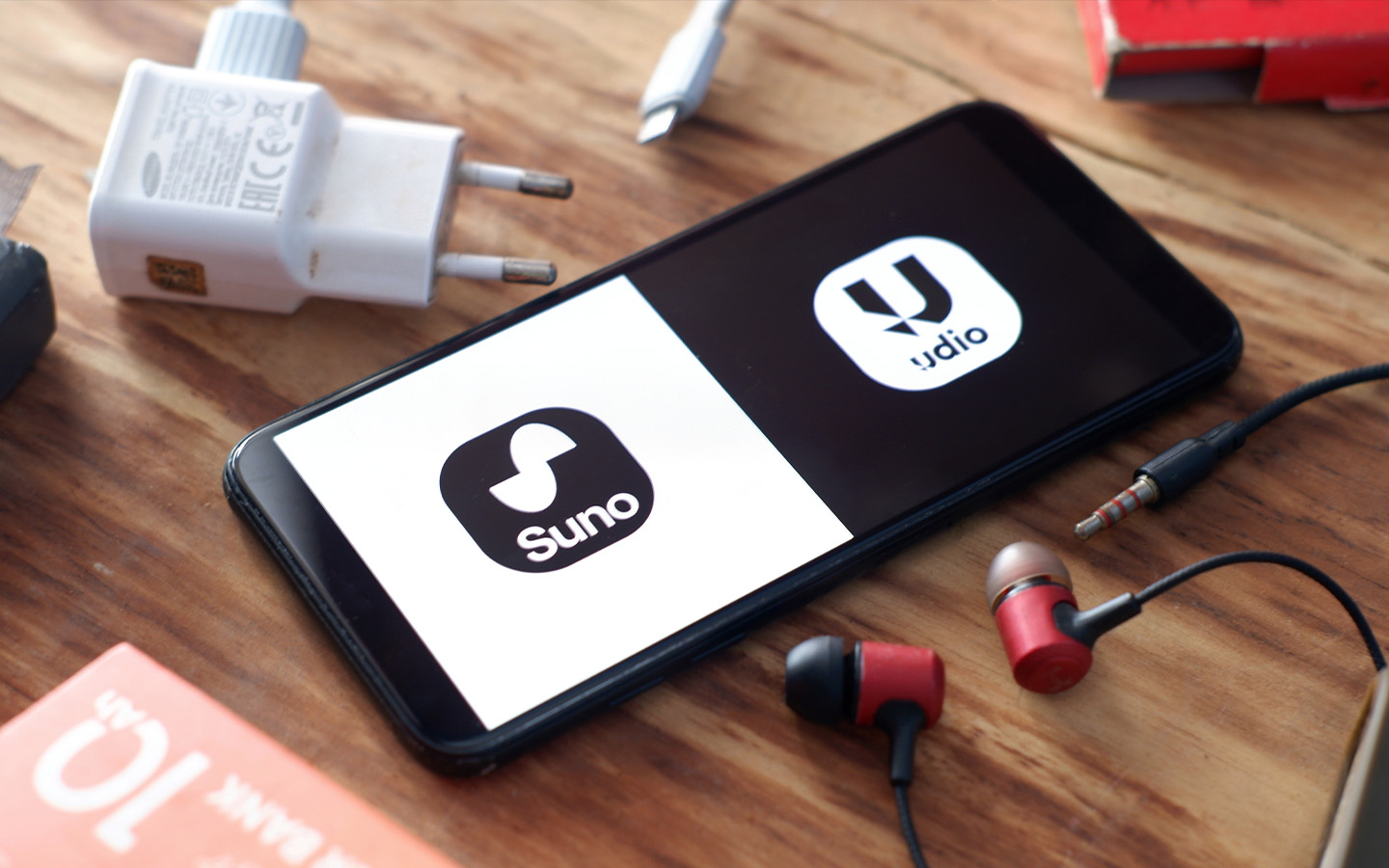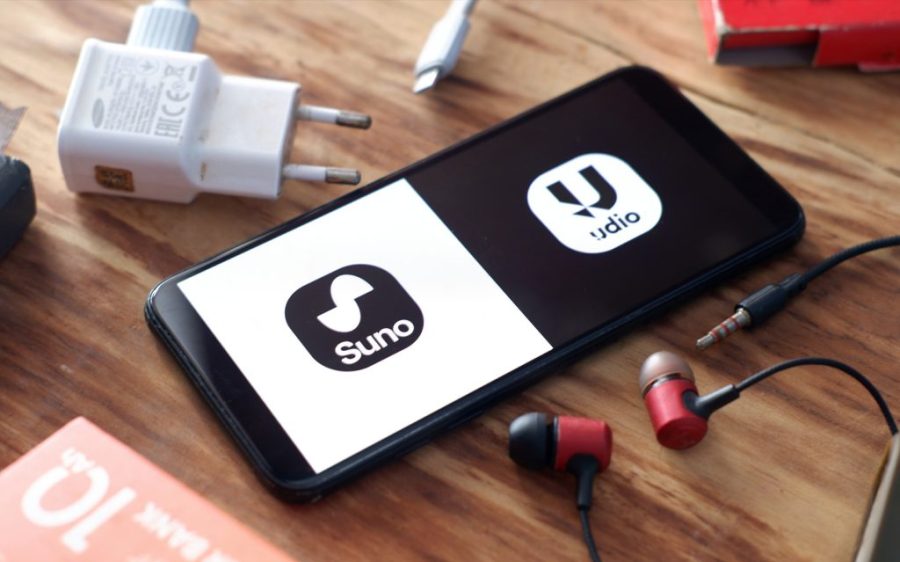AI companies are guilty of “wilful, commercial-scale copyright infringement”, scraping the world’s music catalogue to power AI music-creation platforms, a leading industry group told French news agency AFP.
The International Confederation of Music Publishers (ICMP) spent two years investigating how generative AI companies use copyright materials to train their models. The Brussels-based organisation, which represents 90 percent of the world’s commercially released music, is among a growing number of creative industry bodies challenging the AI sector over its unpaid use of music, books, news articles, and more.
“The world’s largest tech companies as well as AI-specific companies, such as OpenAI, Suno, and Udio, Mistral, etc. are engaged in the largest copyright infringement exercise that has been seen,” John Phelan, director general of ICMP, told AFP.
ICMP first shared the results of its investigation with Billboard earlier this month, detailing the scope of commercial for-profit use of songwriters’ music, from scraping music off YouTube to training AI on copyrighted song lyrics to reproducing album art – all without a license.
[See more: Dua Lipa, Paul McCartney and other British artists unite to seek protection from AI]
“This is the largest IP theft in human history. That’s not hyperbole. We are seeing tens of millions of works being infringed daily,” Phalen told the music outlet. “Within any one model training data set, you’re often talking about tens of millions of musical works often gained from individual YouTube, Spotify and GitHub URLs, which are being collated in direct breach of the rights of music publishers and their songwriter partners.”
Both Billboard and AFP contacted the tech companies identified by ICMP. All either declined to comment or did not respond. Most companies defend their actions as falling under “fair use,” a US legal standard that permits use of copyright-protected materials without prior authorisation in specific contexts like commentary, parody, news reporting and search engines.
Whether that argument will hold up in the US remains to be seen, but the European Union has weighed in on the side of rights holders, its AI act requiring transparency on copyright and training even if the training data was sourced outside the EU or acquired by a third-party “offshore” company.
Copyright infringement “is not a victimless crime,” a spokesperson for music publisher Concord told Billboard. The International Confederation of Societies of Authors and Composers (CISAC) published a study last December warning that real artists could see their incomes shrink by over 20 percent in just the next four years as AI-generated music surges.






